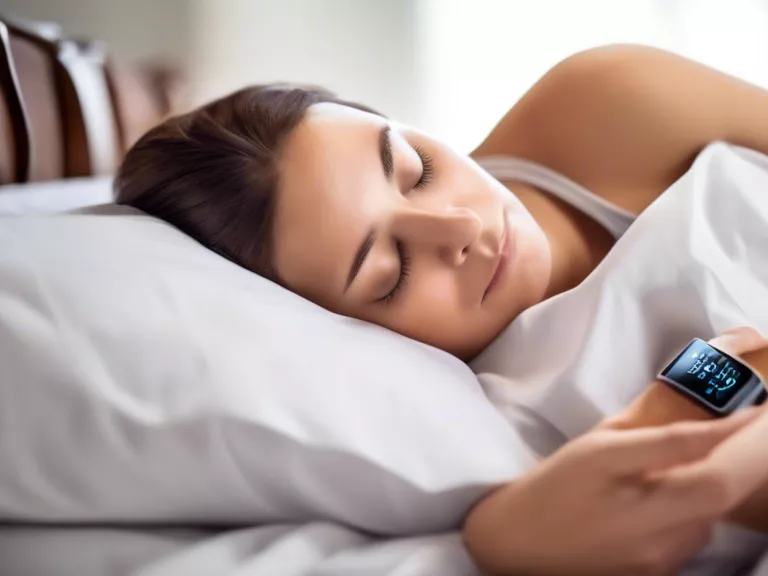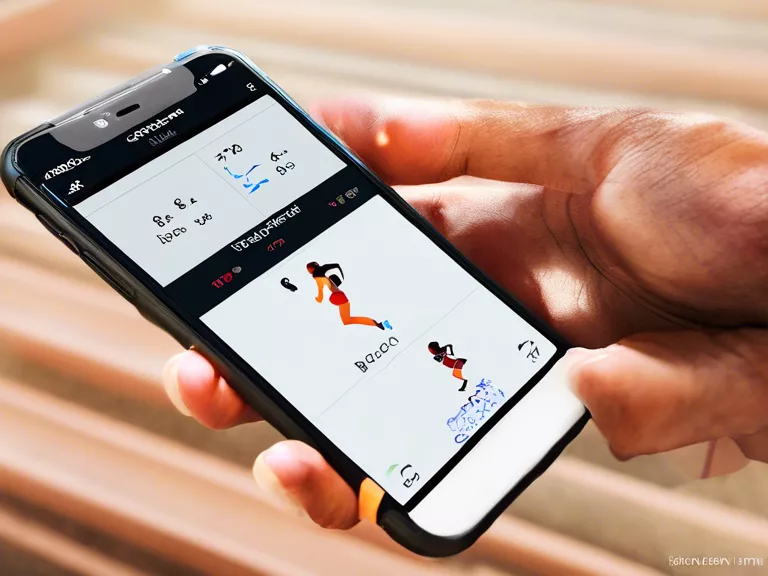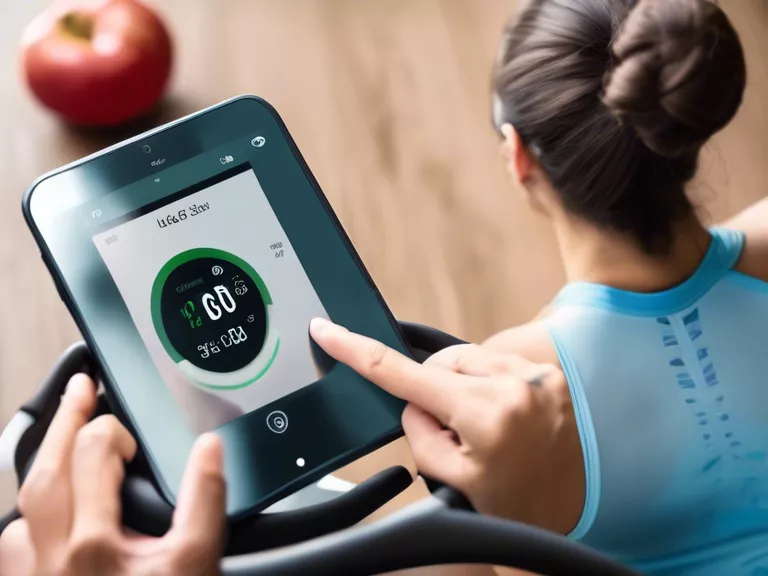
Wearable technology such as smartwatches and fitness trackers can revolutionize the way we approach improving our sleep patterns. By tracking key metrics like sleep duration, sleep quality, and heart rate during sleep, these devices provide valuable insights that can help individuals optimize their sleep routines for better overall health and well-being.
One of the main ways wearable technology can help optimize sleep patterns is by providing personalized recommendations based on individual sleep data. By monitoring your sleep patterns over time, these devices can identify trends and suggest changes to your sleep routine, such as adjusting bedtime, creating a calming bedtime routine, or avoiding screen time before bed. These personalized recommendations can help you make small but impactful changes that can lead to better and more restful sleep.
Another benefit of wearable technology for sleep optimization is the ability to track and analyze sleep quality. By measuring factors like deep sleep, REM sleep, and time spent awake during the night, these devices can help you understand the quality of your sleep and make adjustments to improve it. For example, if you consistently have low levels of deep sleep, you may want to try relaxation techniques before bed to promote a deeper sleep cycle.
Additionally, wearable technology can help you establish a consistent sleep schedule by tracking your bedtime and wake-up times. By setting goals for consistent sleep and wake times, these devices can help you create a routine that aligns with your body's natural sleep-wake cycle, leading to more restful and uninterrupted sleep.
In conclusion, wearable technology has the potential to greatly impact the way we approach improving our sleep patterns. By providing personalized recommendations, tracking sleep quality, and helping establish consistent sleep schedules, these devices can be powerful tools in optimizing our sleep routines for better overall health and well-being.



